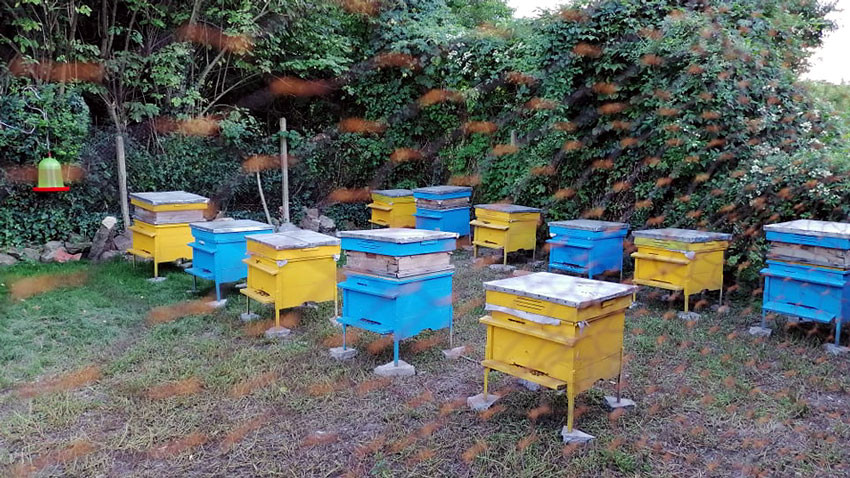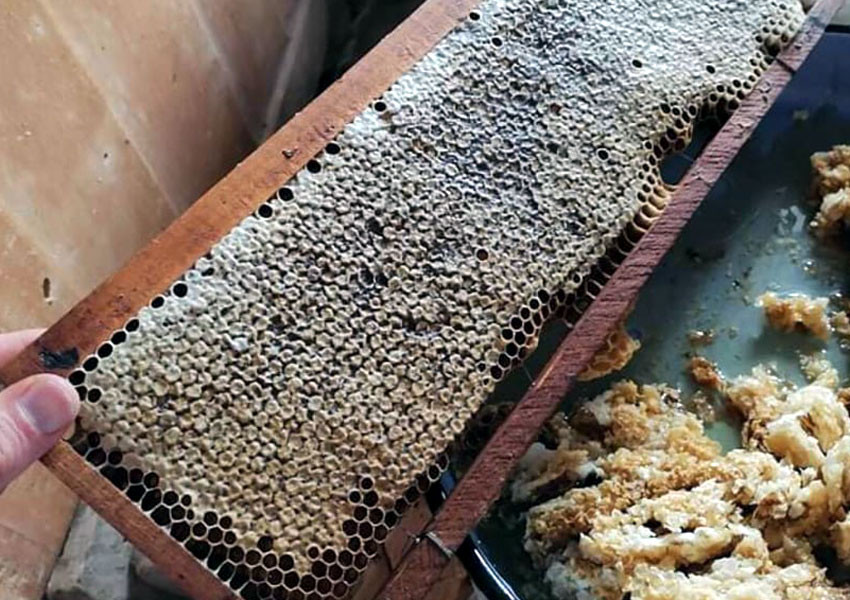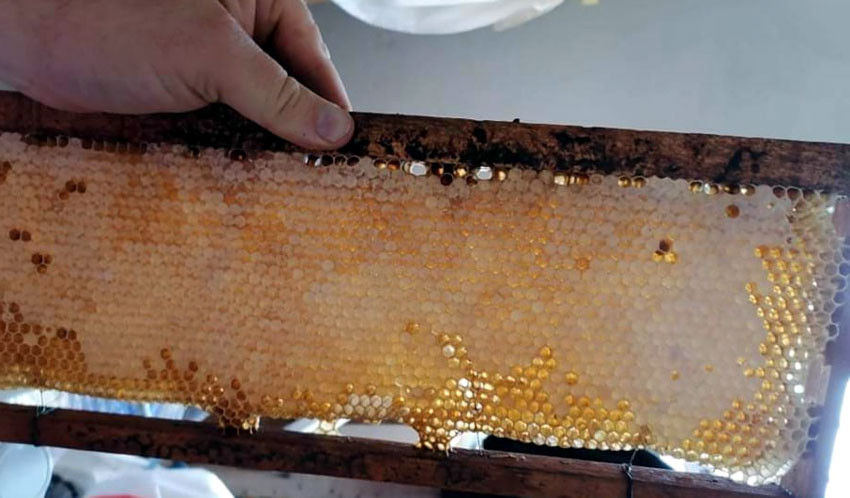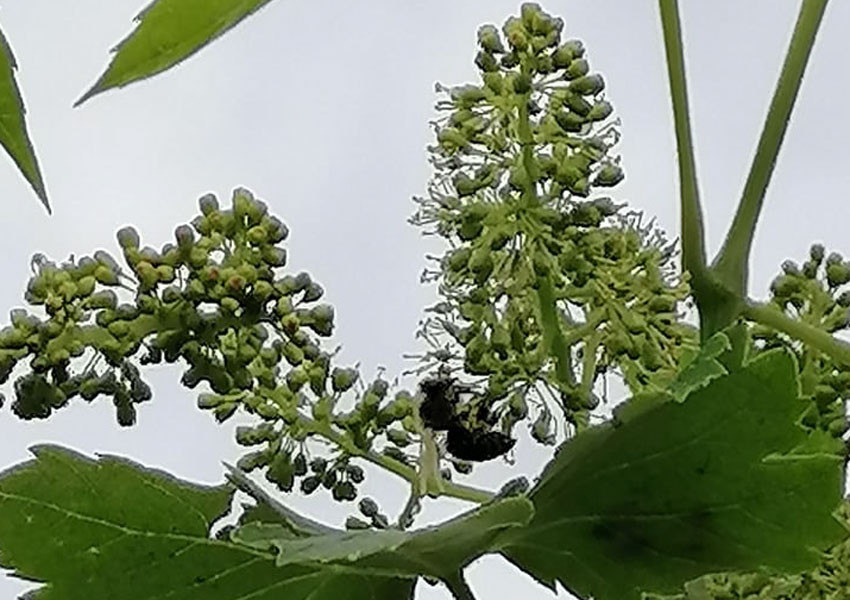The spring of 2021 was cooler than normal. There was enough precipitation during this period as well. However, it turned out that these weather conditions were favourable both for bees and beekeepers, as plants produced more nectar. Honey yield in the spring of 2021 was high, said Rostislav Rashev, head of Lipa (Linden) Beekeepers’ Association. Beekeepers expect good yields this year and voiced hopes that their honey would sell well:
“The wholesale price of honey has increased this year. The price of acacia honey has gone up by 30%. The price of rapeseed honey has marked a significant increase as well- says beekeeper Rostislav Rashev who has 400 hives. - Most apiarists sell their produce both in bulk and in small quantities. However, we cannot afford to increase the retail price by 30%. We know that consumers do not have a lot of money and we cannot increase prices too much. However, retail prices of honey will increase by 50 eurocents or so per kilogram.”

Earlier this spring bees collected nectar from acacia. Now they are collecting nectar from various herbs and later- from sunflowers, explains Kostadin Atanasov who says beekeeping is his favourite hobby. His apiary consists of twenty hives. It is located near the town of Yablanitsa, the Balkan Mountain Range, at an altitude of 750 meters above sea level. Last year was disastrous for Bulgaria’s beekeepers, as they managed to collect only 4-5 kilograms of honey per hive, whereas the average honey yield per hive is around 25 kilograms, says Kostadin. However, beekeepers are expecting good honey yield in 2021.
“Fortunately, bee mortality in my apiary was extremely low last winter-around 5%, whereas some colleagues lost between 70% and 80% of their colonies. In their words, this is mainly due to a parasitic disease called varroa destructor- external parasitic mite that attacks and feeds on the honey bees. According to other apiarists, big grain producers in this country spray their crops with chemicals that are harmful to honey bees. Fortunately, grain production is not that developed in my area.”

However, beekeepers are facing other challenges as well, such as swarming- when a portion of the colony leaves the hive with the queen to create a new hive in a new location, says Kostadin.
“No one knows why bee colonies swarm so much this year. However, it would inevitably affect the yields over the next months. Swarming weakens the colony a lot and in such cases honey yield is very low or there is no yield at all.”

Kostadin has been engaged in beekeeping for three years now. He has been following the new trends in this sector and has been learning from the more experienced apiarists in his area.

“When you go to the apiary you find yourself in a new reality. You become part of a very different world where everything is perfectly organized. Bees are extremely intelligent species and we are yet to learn more details about their life and activities.”
English version: Kostadin Atanasov
Photos: Kostadin AtanasovTimișoara, a large multicultural city in western Romania, is the center of the historical community of the Banat Bulgarians . The members of this community are descendants of settlers from the Bulgarian lands nearly three centuries ago, who have..
In Gabrovo – a city in the geographical center of Bulgaria, once described as the Bulgarian Manchester, but today facing demographic challenges – there are young people who believe that the future can be better and that this largely..
For 15 years, Stela Nedkova has been living in Brussels . After completing her education in Bulgaria, she decided to test herself in a different reality to see whether she could handle life’s challenges on her own, without her parents’ help. Stela faced..

+359 2 9336 661
